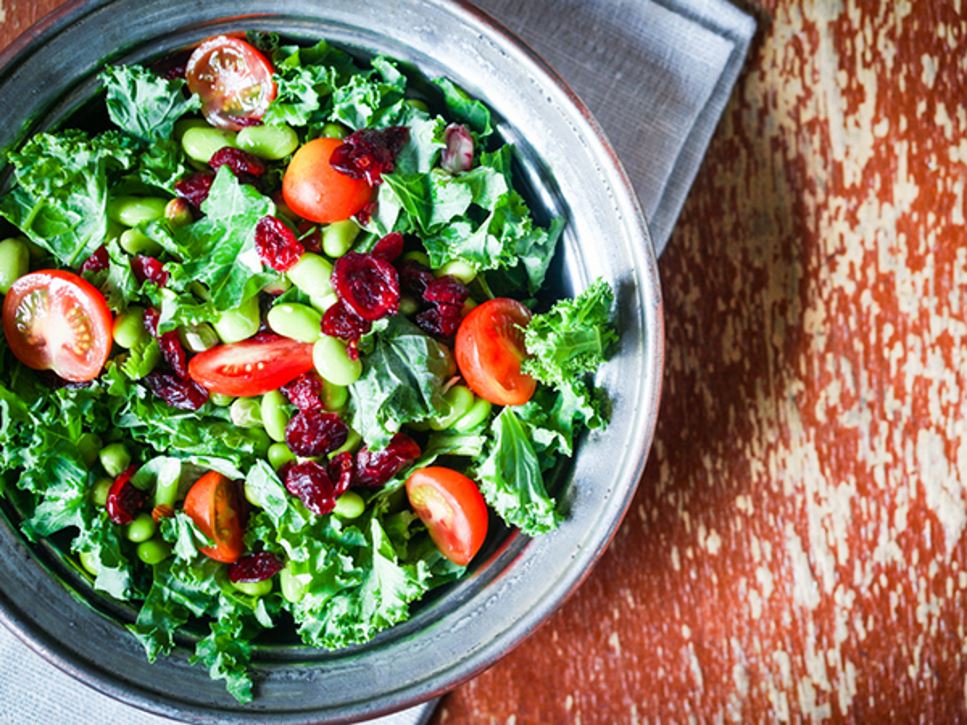No matter which vegetarian eating style you follow, it is important to choose a variety of foods, including whole grains, fruits, vegetables, legumes, nuts and seeds. This can help you make sure you are meeting your nutritional needs each day. 
Calcium
Vegetarians should consume a variety of calcium sources in order to meet daily requirements.
Dairy products are a rich source of calcium. If your diet does not include dairy products, calcium can be obtained from plant-based foods, but the amount of calcium that the body can absorb from these foods varies. Here is a list of vegetarian-friendly sources of calcium:
- Low-fat or fat-free milk, yogurt and cheese
- Fortified plant-based milks such as soy or almond
- Fortified ready-to-eat cereals
- Calcium-fortified juice
- Calcium-set tofu
- Some leafy green vegetables including collard greens, turnip greens and kale
- Broccoli
- Beans including soybeans, chickpeas and black beans
- Almonds and almond butter
Iron
Vegetarians should consume a variety of iron sources to meet daily requirements. Consuming a source of vitamin C (like citrus fruits, peppers, tomatoes) at each meal helps increase iron absorption.
Sources of iron include:
- Fortified breakfast cereals
- Soybeans
- Some dark leafy greens including spinach and chard
- Beans
- Eggs
Protein
Protein is found in plant foods as well as animal foods. Your body will make its own complete protein if a variety of foods and enough calories are eaten during the day.
Vegetarian sources of protein include:
- Legumes such as beans, peas and lentils
- Whole grains
- Soy products
- Nuts and nut butters
- Dairy products
- Eggs
Vitamin B12
B12 is found in all foods of animal origin, including eggs and dairy products. An adequate intake of vitamin B12 can be a concern for many vegetarians, especially vegans. For those that follow any vegetarian style of eating, choose foods fortified with vitamin B12 and talk with your healthcare provider about if a vitamin B12 (cobalamin) supplement is right for you.
Vegetarian sources of B12 include:
- Vitamin B12-fortified foods including fortified nutritional yeast, soy milk, meat substitutes and ready-to-eat cereals (be sure to check the label as not all products on the market are fortified with vitamin B12).
- Dairy products
- Eggs
Vitamin D
Few foods are naturally high in vitamin D, but many dairy products are fortified with vitamin D in the United States. People who choose not to eat dairy products and who do not receive exposure to sunlight on a regular basis should discuss the need to take a vitamin D supplement with their health care provider.
Vegetarian sources of vitamin D include:
- Eggs
- Vitamin D-fortified soy milk, cow's milk, orange juice and ready-to-eat cereals
- Mushrooms exposed to UV light
Information provided by Vegetarian Nutrition, a dietetic practice group of the Academy of Nutrition and Dietetics.
Find a Nutrition Expert
Looking for credible nutrition information and recommendations? The Academy of Nutrition and Dietetics' network of credentialed food and nutrition practitioners are ready to help!
